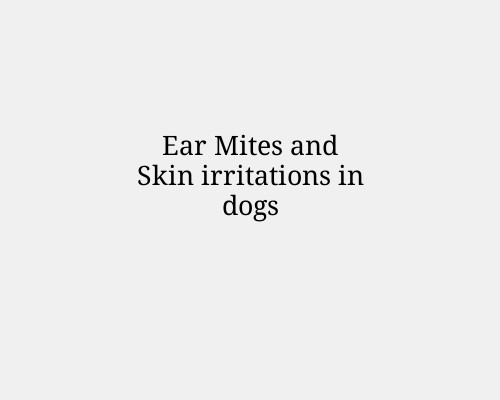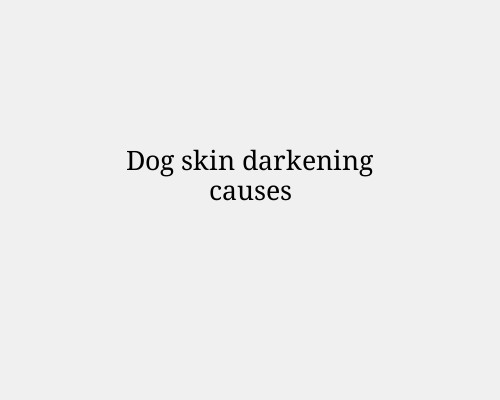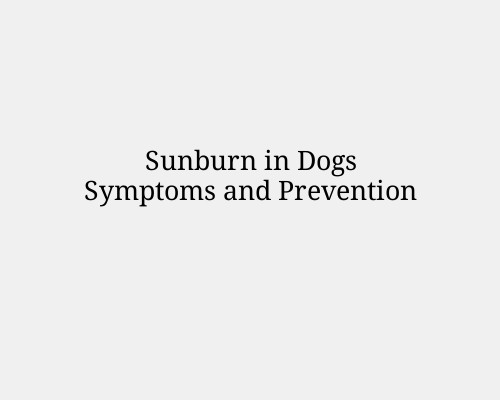Ear Mites and Skin irritations in dogs
Ear Mites and Skin Irritations in Dogs: Causes, Symptoms, and Treatment Options
Ear mites and skin irritations are common conditions in dogs that can cause significant discomfort. Understanding how to identify and treat these issues promptly is critical to your dog’s health and overall well-being. This article explores the causes, symptoms, treatments, and preventative measures for ear mites and skin irritations in dogs.
What Are Ear Mites?
Ear mites (Otodectes cynotis) are tiny parasitic insects that infest the ear canals of dogs. They feed on ear wax and skin oils, leading to irritation and inflammation. Although they are more commonly found in cats, dogs can easily become infested through contact with other infected animals.
Symptoms of Ear Mites in Dogs
Common signs that your dog may have ear mites include:
Intense ear scratching
Head shaking
Dark brown or black discharge resembling coffee grounds
Strong odor from the ears
Red, inflamed ear canals
Scabbing or hair loss around the ears
Left untreated, ear mite infestations can lead to secondary infections and even partial hearing loss.
Diagnosing Ear Mites
A veterinarian can diagnose ear mites by examining your dog’s ears with an otoscope or by taking a sample of ear debris for microscopic examination.
Treatment for Ear Mites Treatment typically involves:
Cleaning: The dog’s ears should be thoroughly cleaned to remove debris.
Medications: Topical treatments like selamectin, moxidectin, or over-the-counter ear mite medications can be applied to kill the mites. Some treatments may require multiple applications.
Follow-Up Care: Monitor your dog for any signs of reinfestation or secondary infection.
What Causes Skin Irritations in Dogs?
Skin irritations in dogs can arise from various causes, including:
Allergic Reactions: Environmental allergens, food sensitivities, or contact allergens like certain cleaning products can trigger skin issues.
Parasites: Fleas, ticks, and ear mites are common culprits for skin irritations.
Infections: Bacterial or fungal infections can cause redness, itching, and hair loss.
Dry Skin: Cold weather, low humidity, or excessive bathing can dry out a dog’s skin.
Underlying Health Conditions: Hormonal imbalances or autoimmune diseases can also contribute to chronic skin issues.
Symptoms of Skin Irritations in Dogs
Watch for these signs that indicate skin irritation:
Persistent itching or scratching
Red, inflamed, or scaly skin
Hair loss
Scabs or crusts
Bumps or pustules
Excessive licking or chewing of affected areas
Diagnosing Skin Irritations
A veterinarian may use the following diagnostic methods:
Skin Scraping: Identifies the presence of parasites like mites.
Allergy Testing: Helps determine if environmental or food allergies are causing the irritation.
Fungal or Bacterial Culture: Detects infections that may need targeted treatments.
Treatment Options for Skin Irritations
Topical Treatments: Medicated shampoos, creams, or sprays can soothe irritated skin and control infections.
Antihistamines or Steroids: These may be prescribed to reduce inflammation and itching.
Parasite Control: Flea and tick treatments can prevent or resolve parasite-related skin issues.
Diet Changes: Switching to hypoallergenic dog food can help manage food sensitivities.
Omega-3 Supplements: Fatty acid supplements can improve skin health and reduce inflammation.
Preventing Ear Mites and Skin Irritations
Prevention is key to keeping your dog healthy. Here are some preventative measures:
Regular Grooming: Bathing and brushing your dog regularly helps detect and prevent skin issues.
Ear Inspections: Check your dog’s ears weekly for signs of mites or infections.
Parasite Control: Use veterinarian-recommended flea, tick, and ear mite preventatives.
Healthy Diet: A balanced diet with essential nutrients supports skin and coat health.
Allergen Management: Reduce exposure to known allergens and use pet-safe cleaning products.
When to See a Veterinarian
Seek veterinary care if your dog exhibits any of the following:
Persistent scratching or head shaking
Foul-smelling ear discharge
Unexplained hair loss or skin lesions
Signs of pain or discomfort
Timely treatment can prevent minor issues from developing into serious health problems.
Conclusion
Ear mites and skin irritations in dogs are uncomfortable but treatable conditions. Recognizing the symptoms early and seeking proper veterinary care can ensure your dog remains happy and healthy. Regular grooming, parasite control, and a proper diet are essential for preventing these common problems. If you suspect your dog is suffering from ear mites or skin irritation, consult your veterinarian for an accurate diagnosis and effective treatment plan.







